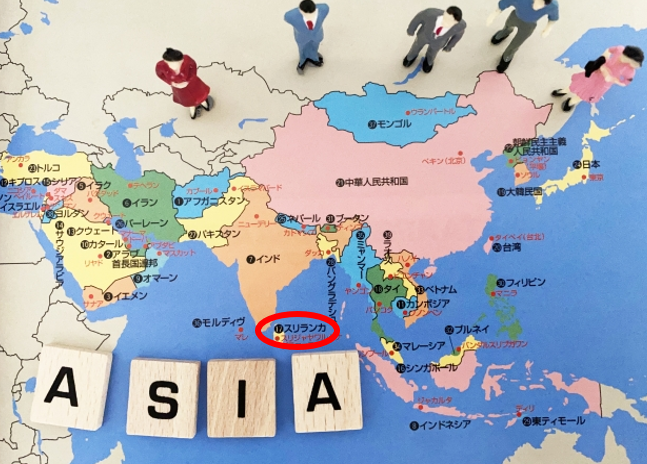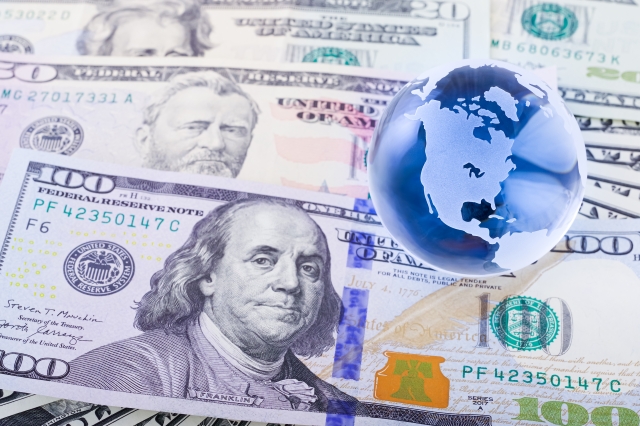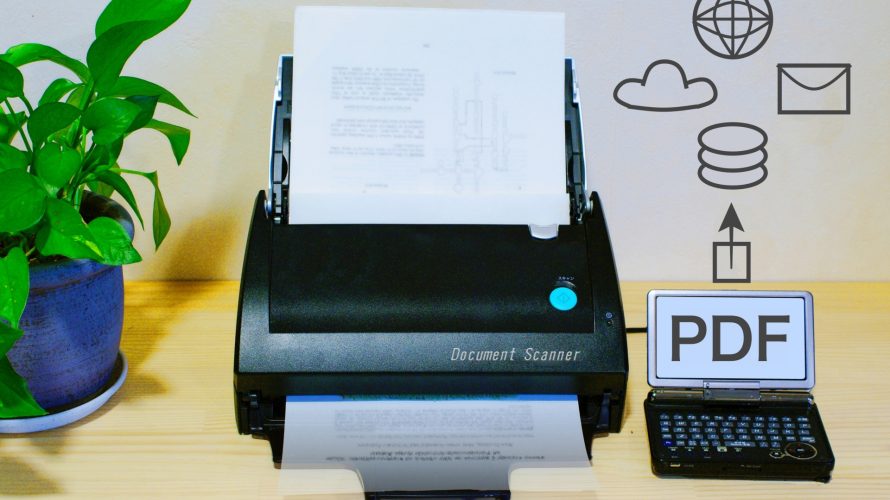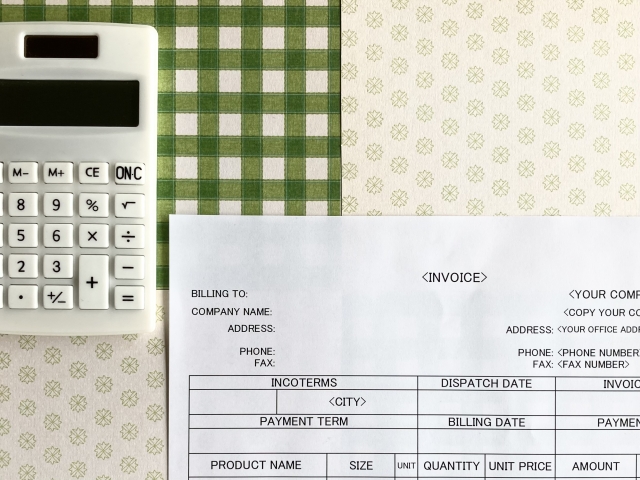- 2025.09.24
- Customs, India Customs, india logistics, India Trade, International Taxation, Logistics, Sri Lanka Logistics, Tariffs Japan-India Logistics, Trade, Transfer Pricing, VAT
Japan-India Logistics & International Tax Support The TradeTax Group provides professional support in international logistics and taxation, focusing on India and Sri Lanka.We position Sri Lanka as the “Second Hub” after Singapore—for product segmentation, component storage, and supply—helping companies expand smoothly across Asia. Our Services 📩 Contact: info@tte-japan.com🌐 Learn more: www.japan-jil.com
TradeTax Group is a team of professionals specializing in Value-Added Tax (VAT) and indirect taxes in the EU and other jurisdictions worldwide.We serve as the Japan correspondent for the internationally renowned tax journal “VAT Monitor” (published by IBFD), leveraging our global tax network to support businesses in addressing their tax challenges. Our Services Trusted Advisory for Your Business Our group provides comprehensive tax support for the UK, EU, Korea, and other jurisdictions, helping companies minimize tax risks in international transactions.Contact us today to discuss how we can support your international VAT and tax needs. ⇒Click
TradeTax Group handles all customs clearance, domestic distribution in Japan, logistics insurance, ACP(=Attorney for Customs Procedures), and import consumption tax refund operations on your behalf Non-residents of Japan can sell to customers in Japan under Incoterms DDP The following conditions apply 1. Customs clearance: ACP From 10, 2023, it will be necessary to appoint an ACP who is a resident of Japan and notify the customs office of this 2. Customs clearance, domestic delivery, logistics insurance This can be done with TradeTax Group 3. Appointment of tax representative Non-residents of Japan must obtain a qualified consumption tax payer number and appoint a tax representative (tax attorney/accountant or tax attorney/accountant corporation) 4. Refund of import consumption tax and consumption tax incurred when delivering within Japan Selling to individuals using DDP → Refund application Selling to a corporation using DDP → Issue an invoice and reclaim Input Consumption Tax 5. Eliminate the risk of PE (Permanent Establishment) If you conduct business activities in Japan, you will be recognized as a PE (Permanent Establishment) and corporate business tax will be imposed We will provide guidance to eliminate this risk and prepare the necessary documentation for tax purposes * In addition, you can use […]
Products are not the only exports that require notification permission from the Ministry of Economy, Trade and Industry.Technical guidance to engineers, delivery of information on paper or electronic recording media, and provision of working knowledge at seminars, joint research, etc. may also require a permit,The provision of working knowledge at seminars, joint research, etc., may also require a permit.Violations may result in significant penalties.It is recommended that you proceed with your obligation to establish professional consulting, compliance, and internal controls.We recommend that you proceed with your compliance and internal control obligations.If you have any questions or concerns, please contact us.⇒
- 2023.10.11
- Consumption Tax Act, Dataisation, E-invoicing, Electromagnetic record, Electronic bookkeeping, Electronic Bookkeeping Act, Electronic data, Electronic invoice, Electronic invoicing, invoice system, Purchase tax credit, Qualified Invoicing Business Operator
Under the consumption tax invoice system, an electronic invoice must be delivered when requested by the counterparty of a transaction (Article 57-4(1) and (5) of the Consumption Tax Law). The method of delivery includes, in addition to provision by means of recording media such as optical disks and magnetic tapes, the following methods, (i) Provision of electronic data in EDI (Electronic Data Interchange) transactions (ii) Provision of electronic data by e-mail. (iii) Establishing a website on the Internet and providing electronic data through that website. The business entity that has delivered a qualifying invoice and electronic invoice is obliged to preserve a copy (Article 57-4(6) of the Consumption Tax Law). They can be stored as electromagnetic records (Article 4(2) of the Electronic Bookkeeping Act), but must be stored in accordance with the Electronic Bookkeeping Law (Article 50(1) of the Order for Enforcement of the Consumption Tax Law, Article 15-5 of the Enforcement Regulations of the Consumption Tax Law). It is also permitted to print out and store the information on paper (Article 15-5(2) of the Enforcement Regulation of the Consumption Tax Law).In order for the party receiving the qualifying invoices and electronic invoices to qualify for the ‘credit for input-consumption […]
1. Introduction of the invoice system = Becoming a qualified invoicing business The invoice system will be introduced in the Consumption Tax Law (=VAT Law) from October 2023. The consumption tax rate in Japan is 10%. A reduced consumption tax rate of 8% will be applied to “food and beverages excluding alcoholic beverages and restaurant food” and “newspapers published more than twice a week with a subscription agreement. In principle, a person who wishes to receive a refund of input consumption tax (=input VAT) on a transaction must obtain a registration number from the tax office by the end of September 2023. Registered businesses are entitled to input consumption tax (=input VAT) refunds, but must also file output consumption tax (=output VAT) returns on a regular basis. 2. Transitional measures There are also transitional measures: those who do not obtain a registration number by the end of September 2023, 1) For the first 3 years (October 1, 2023 to September 30, 2026) 80% of input consumption tax (=input VAT) can be deducted. 2) For the next 3 years (October 1, 2026 – September 30, 2029) 50% of Input Consumption Tax (=input VAT) can be deducted. 3) After that date (from […]
The EU-like ‘invoice’ system will be introduced from October 2023. In principle, an application for registration as a qualified invoicing business was to be submitted to the tax office by the end of March 2023 to obtain a registration number. However, the introduction of the invoicing system has not yet fully penetrated the public. The Government has decided to extend the deadline for the registration application form until the end of September 2023. The consumption tax rate in Japan is 10%, but a reduced rate of 8% applies to ‘food and beverages excluding alcoholic beverages and restaurant food’ and ‘newspapers published at least twice a week for which a subscription agreement has been concluded’. Simply importing goods into Japan from abroad is represented as the invoice by an import permit. 1. if a foreign business operator conducts transactions in Japan and wishes to deduct Input VAT (=Input Consumption Tax) in its accounting books, he/she takes the following ways. 1) Taxpayer that are already for consumption tax in Japan By the end of September 2023, submit an ‘Application for Registration as a Qualified Invoicing Business’ to the tax office and obtain a registration number; from October onwards, issue an invoice with […]
The EU-like “invoice system” will be introduced in October 2023. The invoice will be the official invoice that certifies the consumption tax rate and tax amount among businesses, and is also required when filing consumption tax returns, receiving credits, or refunds. As a general rule, an “qualified invoicing enterprise” must be submitted to the tax office by the end of March 2023 to obtain a registration number; like in the EU, the registration number must be indicated on the invoice. The invoice system has not yet spread among the public, and the National Tax Agency is likely to change the system so that registration will be possible after April even without stating “difficult circumstances” in consideration of business operators’ readiness. Non-residents of foreign countries under the Japanese Consumption Tax Law who enter the Japanese commercial stream will also be required to designate a Japanese tax representative, submit an application for registration, and obtain a registration number. When simply importing goods into Japan from abroad, an import license will be substituted for an invoice. Once registered with the tax office to issue an invoice, businesses with annual sales of 10 million yen or less that are currently exempt from paying consumption […]
From October 2023, the invoice system for consumption tax will be introduced in Japan. 1.Registration as a ‘Qualified Invoice System’ for existing taxable enterprises (obtaining a VAT number)In order to deduct Input VAT, you have to register as a ‘Qualified Invoice System’; the deadline is the end of 2023/3. Non-resident Japanese individual enterprises and corporations wishing to deduct Input VAT must register. If a non-taxable enterprise registers, it can deduct Input VAT but must file a consumption tax return. 2.The simplified taxation systemThe simplified taxation system applies to individual enterprises and corporations with taxable turnover of up to 50 million yen. Input VAT can be deducted on a deemed basis. For example, in the case of a service business, 50% can be deducted as Input VAT. However, the simplified taxation must be notified in the year before the beginning of the business year. (The simplified taxation must be notified by the end of December 2022 in the case of individual enterprise. If the deadline is missed, this benefit is not granted for the year in question). 3.Transitional measuresTransitional measures have been established to take into account the impact on transactions. For purchases from tax-exempt businesses, an Input VAT deduction of 80% […]
US Re-export Control is Tightening.① EAR Compliance ② ECCN Classification ③ Customer Screening⇒ Then, you can determine requirement of export license or license exceptionViolation may result fines, imprisonment, and/or trading restriction of US goods. Organize reliable exporting system → Security Trade ControlClassification of export items, Customer screening, Staff training Contact ⇒









